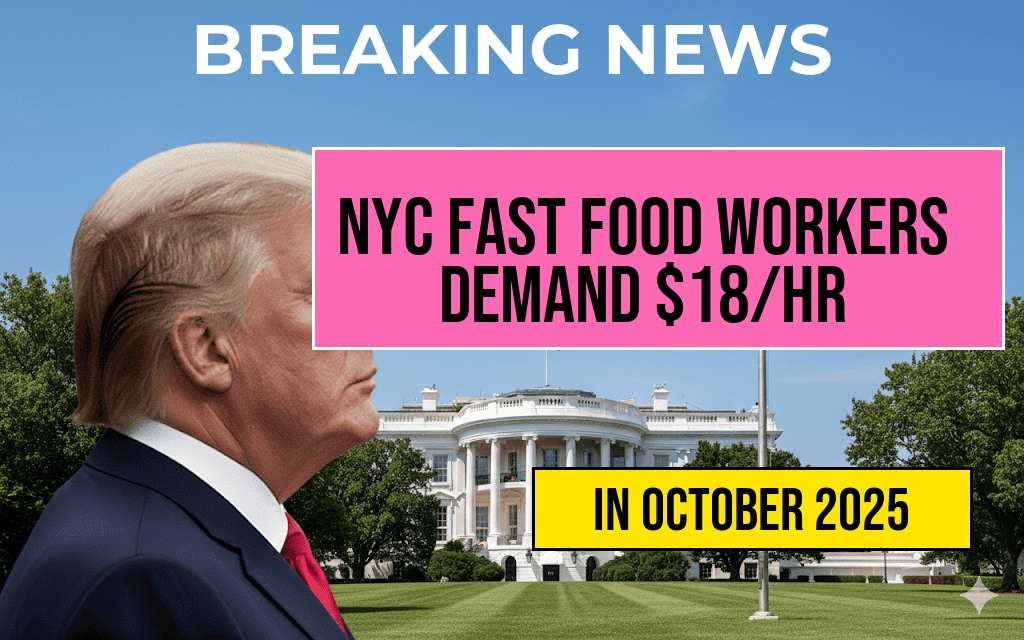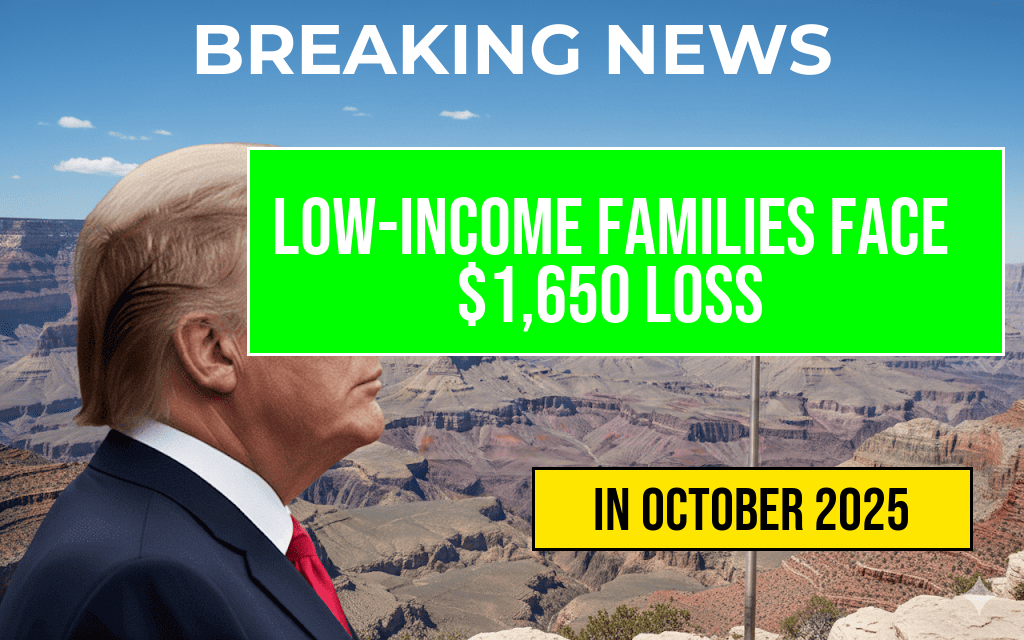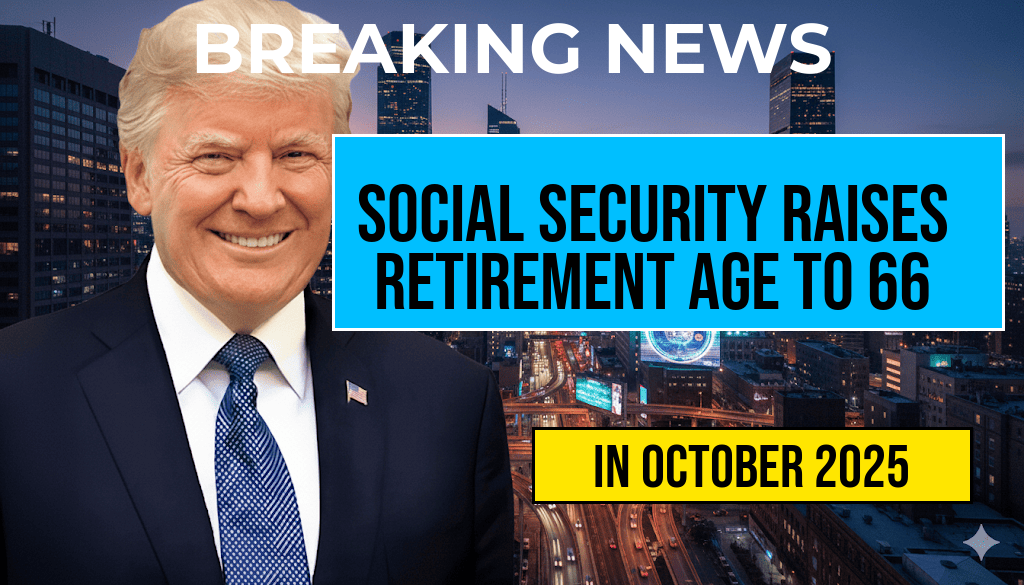Fast food workers across New York City are stepping up efforts to push for a higher minimum wage, advocating for an increase to $18 an hour. The movement reflects ongoing concerns about low pay, rising living costs, and the economic challenges faced by frontline service employees. Organized labor groups and worker coalitions have launched campaigns and held rallies in recent weeks, emphasizing the need for fair compensation that aligns with New York City’s high cost of living. While the current minimum wage in New York State is set at $15 an hour for large employers, advocates argue that this falls short of providing an adequate livelihood for many fast food workers in Manhattan, Brooklyn, and other boroughs. The push for $18 an hour underscores a broader dialogue around wage equity in the service sector, with some experts suggesting that increased earnings could positively impact both workers’ well-being and the local economy.
Background on Wage Policies in New York
New York State has progressively increased its minimum wage over recent years, with a goal to reach $15 an hour for large employers by the end of 2022. Smaller businesses and certain regions, such as New York City, had already begun phases of higher minimum wages earlier. However, workers and advocacy groups contend that these figures still lag behind the actual living costs, especially in urban centers like NYC, where housing, transportation, and daily necessities have surged in price.
According to data from the Cost of Living in New York City, the average rent for a one-bedroom apartment exceeds $3,000 per month, and transportation expenses are among the highest nationally. Such factors have prompted calls for wages that better reflect these realities, with some groups proposing a $18 minimum as a benchmark for fair pay.
Worker-led Campaigns and Advocacy Efforts
Organized Labor and Worker Coalitions
Multiple unions and grassroots organizations have coordinated efforts under banners like the Fast Food Justice Coalition and New York Workers Coalition. These groups have organized rallies, petitions, and direct negotiations with industry representatives to elevate wage standards. Recent protests have attracted media attention and garnered support from community leaders, emphasizing that a higher wage is essential to reduce economic insecurity among workers who often juggle multiple jobs.
Economic Arguments for a Higher Minimum
- Reducing Poverty: Advocates highlight that increasing wages to $18 an hour could lift thousands of NYC fast food workers above the federal poverty line.
- Enhancing Worker Retention: Higher pay could mitigate high turnover rates in the fast food industry, which often struggles with staffing shortages.
- Boosting Local Economies: Increased earnings tend to circulate more within communities, supporting small businesses and local services.
Studies from organizations like the Economic Policy Institute suggest that wage increases can lead to improved health outcomes and reduced reliance on public assistance programs for low-income workers.
Industry Response and Challenges
Representatives from major fast food chains and industry associations have expressed cautious skepticism about the feasibility of a $18 minimum wage in NYC. They cite concerns over potential increased operational costs, which could lead to menu price hikes or reduced employment levels. A spokesperson for the National Restaurant Association stated that while they support fair wages, the industry faces significant financial pressures amid inflation and supply chain disruptions.
| Aspect | Potential Effect |
|---|---|
| Operational Costs | Increase due to higher wages may lead to higher menu prices |
| Employment Levels | Possible reduction or slower hiring growth in some outlets |
| Consumer Prices | Potential rise in fast food prices to offset wage hikes |
| Worker Satisfaction | Expected improvement in morale and job stability |
Policy Considerations and Future Outlook
City officials and labor advocates are engaging in ongoing discussions about wage policies, with some officials indicating support for phased increases that could bring the minimum wage to $18 in the coming years. Mayor Eric Adams has acknowledged the importance of fair pay but emphasizes balancing economic sustainability for businesses with worker needs.
The debate over a higher minimum wage in NYC reflects broader national conversations on income inequality and workers’ rights. As the movement gains momentum, policymakers are weighing the economic implications against the social benefits of lifting low-wage earners out of poverty. The outcome of these efforts could set a precedent for other urban centers grappling with similar challenges.
For workers and advocates, the push for an $18 minimum wage symbolizes a step toward recognizing the vital contributions of fast food employees and ensuring their compensation aligns with the city’s economic landscape. As negotiations progress, the coming months will reveal whether these efforts translate into concrete policy changes that reshape the city’s wage standards.
Frequently Asked Questions
What are the main goals of New York fast food workers advocating for a higher minimum wage?
Fast food workers in New York are advocating for an $18 an hour minimum wage to improve their living standards, ensure fair compensation, and address economic inequality within the industry.
Why is the $18 an hour wage considered important for NYC fast food workers?
The $18 an hour wage is seen as a fair and necessary increase to help workers cover basic expenses such as housing, transportation, and healthcare in New York City’s high-cost environment.
How might this wage increase impact the fast food industry in NYC?
An increase to a $18 minimum wage could lead to higher labor costs for employers, potentially resulting in price adjustments, job shifts, or efforts to improve efficiency to offset expenses.
What actions are fast food workers and advocates taking to promote this wage increase?
Workers and advocates are participating in protests, public campaigns, and lobbying efforts to raise awareness and pressure policymakers to approve the $18 an hour minimum wage in NYC.
What are the potential benefits for NYC residents if fast food workers receive a higher minimum wage?
A higher minimum wage could lead to improved economic security for workers, increased local spending, and a stronger economy that benefits the broader community.






